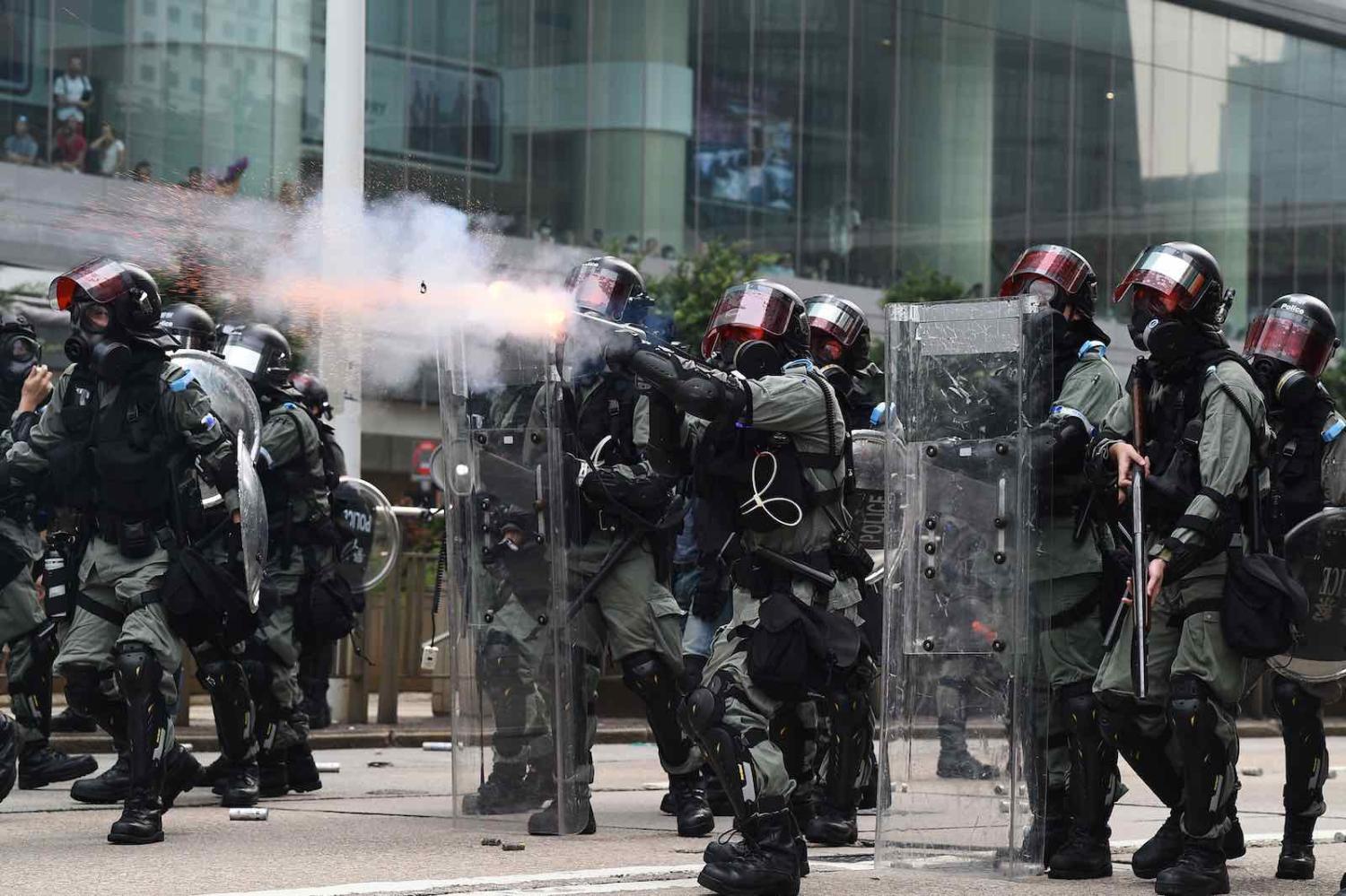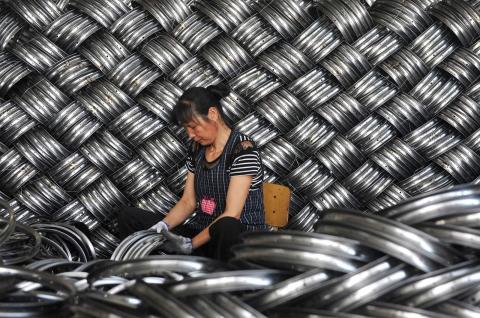As 2019 winds up, Lowy Institute staff and Interpreter contributors offer their favourite books, articles, films or TV programs this year. Or in this instance...
For me, this year will be remembered as one where the world could no longer ignore the realities of the Chinese party-state. I realised that China – the country where I lived and worked and loved – may never want me back again. But the way I will remember my temporary home is through the words of Yangyang Cheng, my favourite for 2019.
This year, we watched from afar, in admiration and in horror, as the brave people took to the streets of Hong Kong. Students and teachers, pilots and lawyers, they stood up and they stood together against a repressive regime that brooked no dissent.
And as the protests increased in intensity, we in faraway places questioned how to respond to violence by protestors, born of violence by police. Yangyang wrote it was to be condemned in particular cases, but the violence served a purpose. “It is much easier to train the eye on a burning campus than on the structures of power behind the flame.”
“Your military pledges its allegiance first and foremost to the Party, not the people.”
As (some) fair questions were asked in (some) unfair ways – in Australia, in the United States, in Europe – Yangyang, a Chinese-born physicist working in the US, asked that Chinese scientists be allowed to stay. Politicians debated the too real threat of interference from Beijing, but risked casting aspersions on Australians and Americans of Chinese background, and the many Chinese people who had chosen our countries as their homes.
The world watched on 1 October as Xi Jinping paraded offensive military hardware, celebrating the 70th anniversary of the founding of the People’s Republic. I read Yangyang’s birthday letter. She said “Your military pledges its allegiance first and foremost to the Party, not the people. At the time of your semi-centennial, I had no idea that your tanks had been on the same streets 10 years and four months prior, not as a ceremonial force, but an occupying one.”
The 30th anniversary of the brutal crackdown in Tiananmen Square was commemorated around the world, held onto by governments and publics as a chilling reminder of the regime that we had underestimated. Within China, it was commemorated in whispers and cryptic poems, in posts of candle emojis and homonyms. Like the massacre itself, China’s censors were clinical in erasing the quiet records of the anniversary. Yangyang wrote “When an authoritarian government fears the truth of its slaughter, mourning the dead is no longer only a matter of personal grief, but also a manifestation of moral courage.”
2019 was a year of horror from the country I love. Stories about the disappeared and the silenced, the detained and the tortured. When I, and many like me, feel powerless to help the many people inside China who need it, Yangyang’s words, written in an adopted language with more power than anyone I read who writes in their mother tongue, bring hope. “Remembrance becomes an act of resistance against state power and time itself.”

